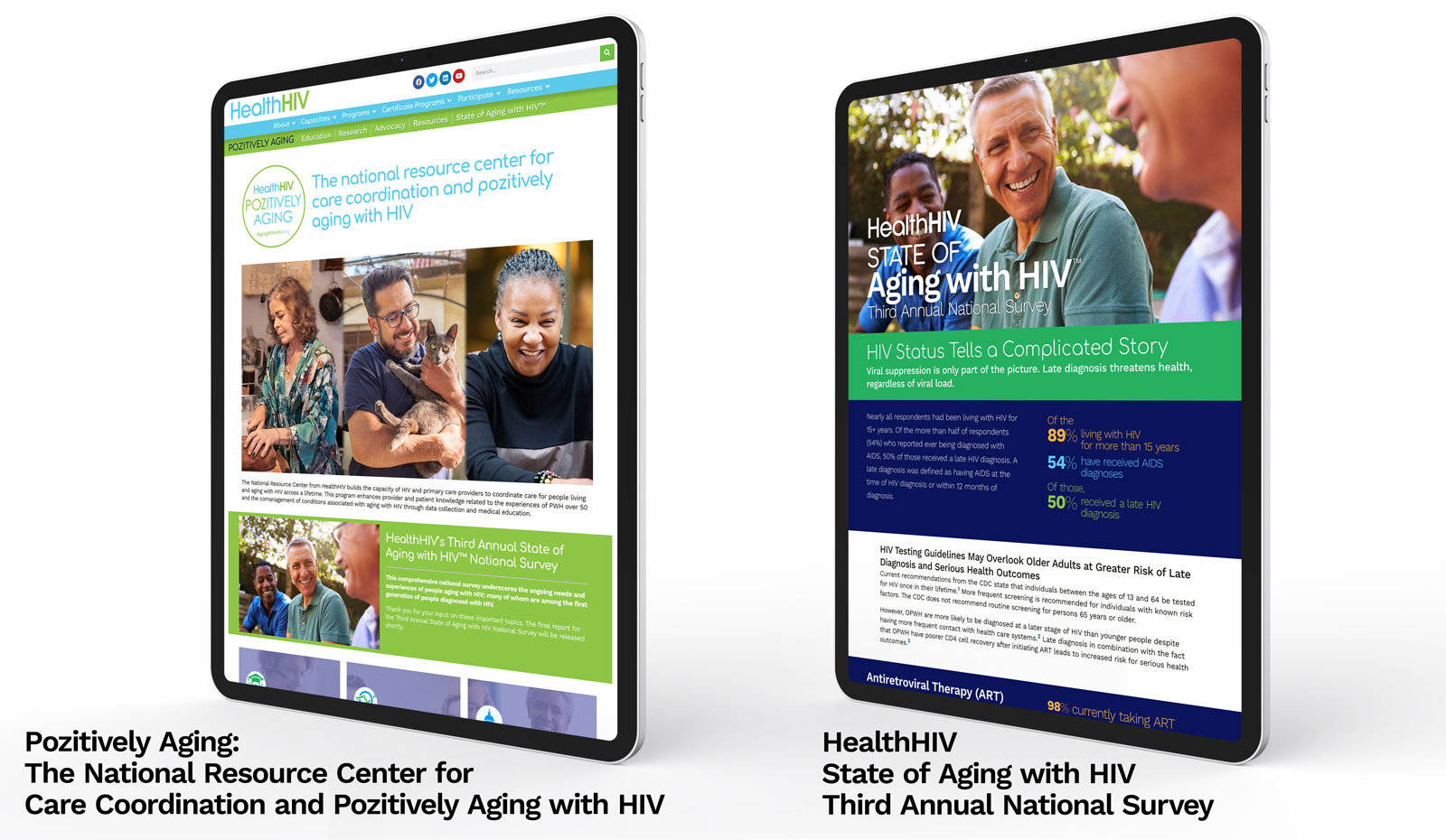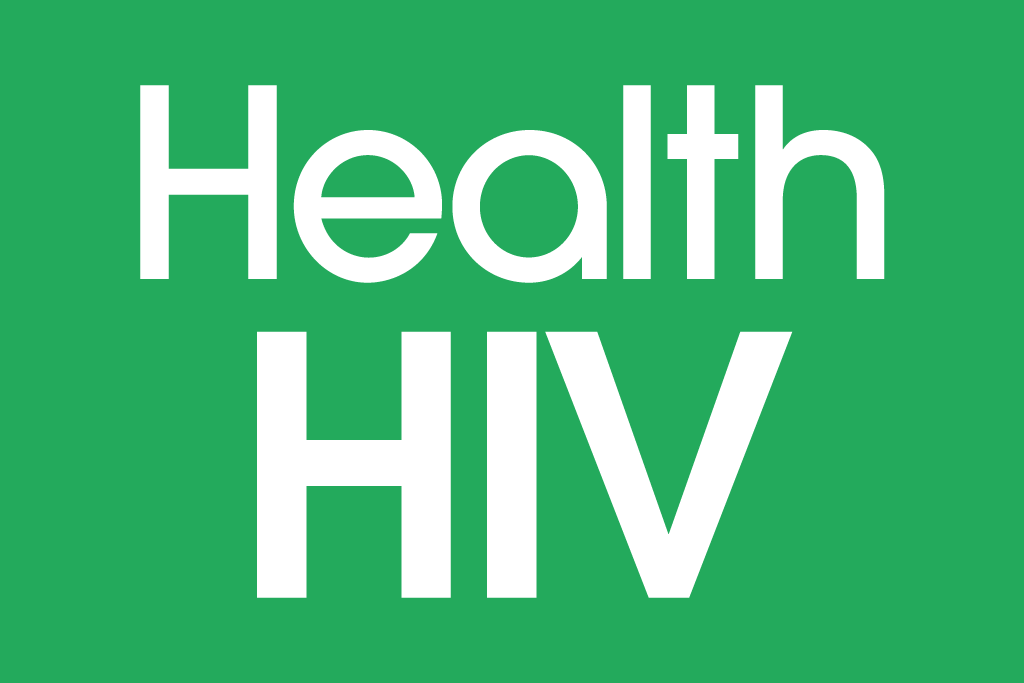HealthHIV’s State of Aging with HIV National Survey identifies urgent need for increased engagement in care.
WASHINGTON, DC, May 22, 2023 – HealthHIV’s Third Annual State of Aging with HIV™ National Survey Report reveals the challenges faced by individuals aging with HIV in accessing essential care within a fragmented healthcare system. The report, issued as part of the Pozitively Aging program, highlights the increased comorbidities, medication needs, and healthcare engagement required by this population. Mental health and stress emerge as major issues, along with a lack of financial planning for retirement and long-term care. The survey findings underscore the sentiment that older people with HIV are often overlooked in HIV care discussions.
The survey focuses on people living with HIV (PWH) who have been diagnosed for 15 or more years, as well as those over the age of 50. By 2030, it is estimated that three-quarters of all PWH will fall into these categories, as nearly 70% of PWH in the U.S. are projected to be over 50 years old by that time, according to the Centers for Disease Control and Prevention. This demographic shift presents significant challenges for HIV care providers, necessitating a reevaluation of service prioritization and delivery.
“These survey findings emphasize a critical need for increased resources to address the unique challenges facing older people living with HIV. The intersection of aging and HIV is complex and multifaceted, requiring a holistic approach to care that addresses the full range of physical, mental, and social health needs of this population. As a clinician, I witness firsthand the repercussions of a fragmented healthcare system on health outcomes. It is our hope that the findings from this report will help inform policy and practice at all levels to ensure that older people living with HIV receive the high-quality, comprehensive care they deserve,” said HealthHIV’s Director of Health Services Research and Evaluation, Elizabeth Moore, PhD, FNP-BC, ACRN.
The report highlights numerous findings, including that:
- Multimorbidity and polypharmacy is a near-universal issue. Two in three respondents have at least two comorbidities, while three in four take at least two daily medications.
- Mental illness is on the rise. Over half of respondents have mental health concerns compared to less than half of respondents last year.
- Retirement savings are minimal. Half of respondents have no financial retirement plan, while four in five have not saved enough for long-term care or supportive home care.
“Hammered by mounting obstacles—polypharmacy, multimorbidity, mental illness, and increasing barriers to care—an emerging portrait of frustration and ire among older PWH is building,” stated HealthHIV Director of Advocacy Scott Bertani. “The challenge to optimizing HIV care coordination is how to enhance clinical care and address quality of life issues within a lifelong, whole-person service approach. To get there, we need to integrate universally—across all the disparate parts of our care and prevention services worlds—not only geriatric care, but also better supportive services to address our social determinants of health.”
HealthHIV provides the National Resource Center for Care Coordination and Pozitively Aging with HIV at AgingWithHIV.org, which offers current research, educational resources, and information on the evolving care needs of people aging with HIV. Stay informed by visiting the National Resource Center at AgingWithHIV.org.
###
Media Resources




